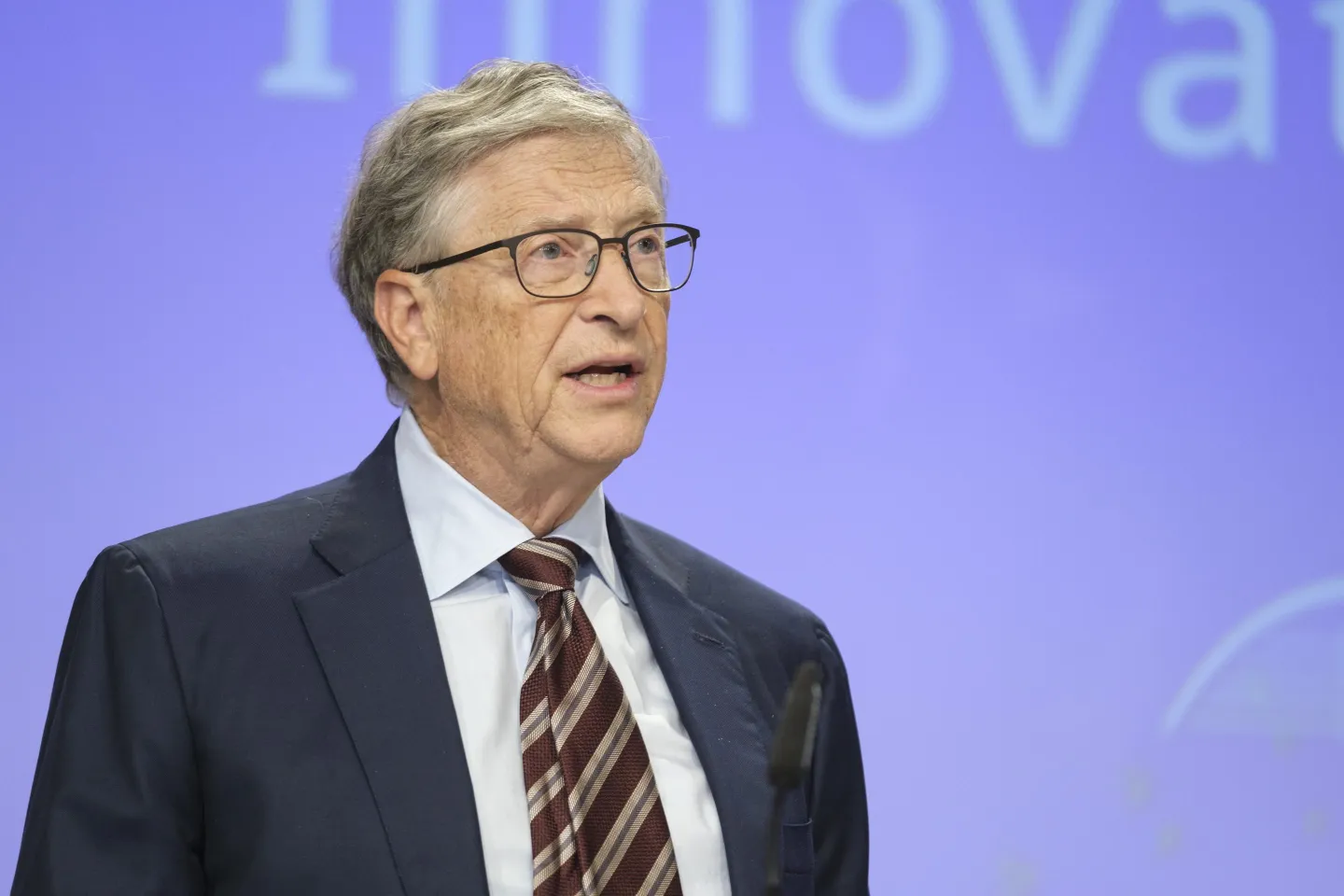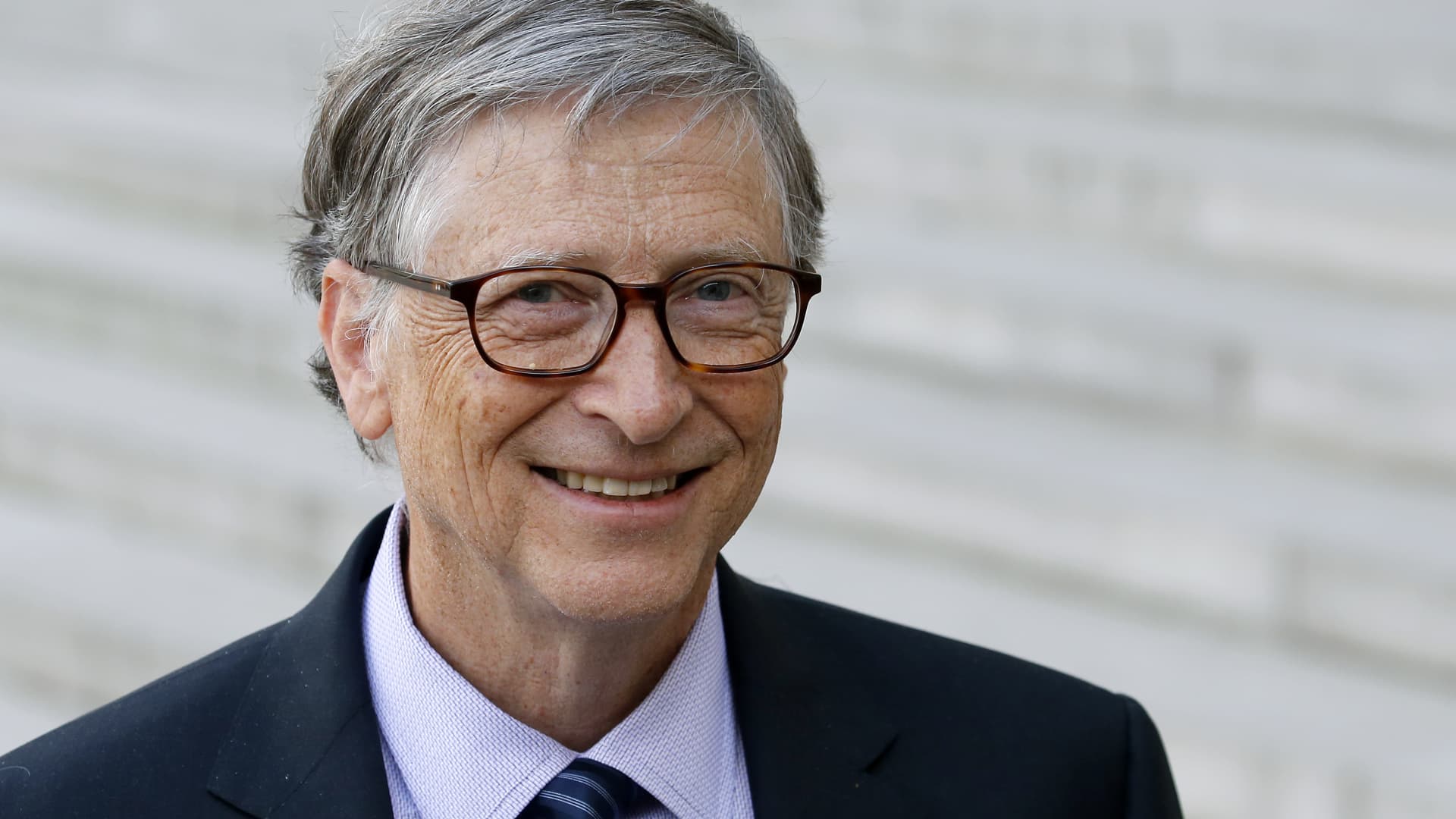It’s not every day that a titan of industry admits to learning a vital life lesson from a fellow mogul, but when Bill Gates shares insights gleaned from Warren Buffett, the world listens. Recently, Gates opened up about a transformative piece of advice he wishes he had embraced much earlier in his career: the power of not packing every minute of the day with work.
In a candid reflection shared on Meta’s Threads app, Bill Gates revealed, “It took far too long for me to realize that you don’t have to fill every second of your schedule to be successful.” This admission is particularly poignant coming from someone who, during his tenure as CEO of Microsoft, famously maximized every moment of his day to the point of sending 2:00 a.m. emails to his team.

Lessons in Time Management from a Billionaire’s Playbook
Gates credited Buffett, the seasoned Berkshire Hathaway CEO known for his surprisingly sparse schedule, with inspiring this shift in mindset. “[I] remember Warren showing me his calendar… he [still] has days that there’s nothing on it,” Bill Gates shared.
This exposure to Buffett’s less-is-more approach helped Gates recognize the importance of controlling one’s time rather than letting a crammed schedule dictate one’s effectiveness or seriousness.
The wisdom in Buffett’s approach is profound yet simple: “I can buy anything I want, basically, but I can’t buy time.” This philosophy underscores the finite nature of time and the need to prioritize it above all else. It’s a strategy that not only seeks to optimize productivity but also enhances overall well-being.

The Science Behind Working Smarter
The merit of Buffett’s less-is-more strategy is not just anecdotal but is also backed by research. A Stanford University study from 2014 illustrates a clear drop in worker efficiency when weekly hours exceed 50. Surprisingly, those clocking up to 70 hours produced the same amount of work as those who worked just 55 hours, highlighting the diminishing returns of excessive work hours.
Moreover, happiness in work-life balance isn’t about minimalism in work hours but finding that sweet spot where one is busy yet not overburdened. A 2021 study pinpointed up to 9.5 hours of daily free time as ideal, though this may seem a lofty goal for many working adults. Nonetheless, carving out more discretionary time has been linked to reduced stress levels and significant long-term health benefits.

Bill Gates’ Personal Journey and Advice
Reflecting on his own evolution, Gates shared insights during a commencement speech at Northern Arizona University, revealing his early disdain for vacations and weekends—a mindset he has since dramatically revised. “Don’t wait as long as I did to learn this lesson,” he advised. Emphasizing the importance of nurturing relationships, celebrating successes, and recuperating from losses, Bill Gates now champions a more balanced approach to work and life.
This shift is not just about personal growth but also about setting a sustainable example for leaders and workers in every field. As Gates and Buffett demonstrate, mastering one’s schedule isn’t just about achieving more—it’s about living better. Their experiences invite us to reconsider how we measure success and challenge us to think differently about how we spend our most precious resource: time.










